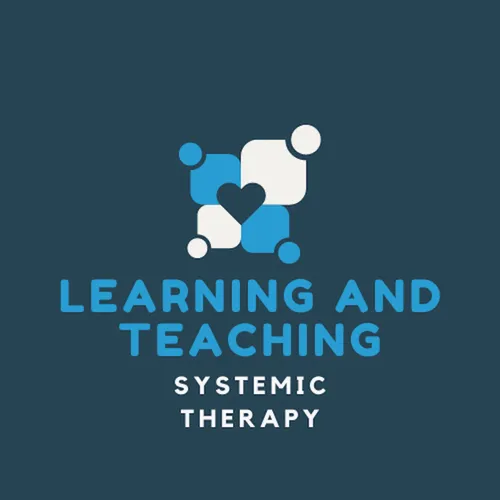Ep 12: Experiential Learning in Systemic Therapy: An Australian Perspective with Dr. Kate Owen
- Author
- Society for the Teaching of Marriage and Family Therapy
- Published
- Wed 30 Jul 2025
- Episode Link
- https://georgiadou.podbean.com/e/experiential-learning-in-systemic-therapy-an-australian-perspective-with-dr-kate-owen/
Today's very special guest is Dr. Kate Owen!
Dr Kate Owen is a Clinical Psychologist and Clinical Family Therapist based in Australia. She runs a private practice supporting individuals, couples, and families, and provides clinical supervision to practitioners, and both government and non-government mental health and counselling teams.
With a passion for integrative systemic psychotherapy, Kate delivers professional development training across Australia, offering workshops on foundational and advanced family therapy skills, trauma-informed practice, and self-care for helping professionals. She consults to hospital and health districts to support the integration of systemic thinking and practice into public mental health services. Kate has presented at both national and international conferences and co-authored a publication on systemic integrative practice in the Australian and New Zealand Journal of Family Therapy.
She has previously run an accredited family therapy training company that supported professionals in gaining their qualifications as Clinical Family Therapists, and has taught in university settings. Kate is committed to supporting the next generation of clinicians through engaging, reflective, and practice-based learning.
In addition to her in-person work, she creates online courses and practical resources designed to help professionals deepen their skills and confidence in systemic and trauma-informed practice. She is the creator of the Keep Calm Cards, along with a range of other tools developed to support clinical application and reflective practice.
Dr. Kate Owen's website is:
Dr. Kate Owen's socials:
LinkedIn - https://www.linkedin.com/in/drkateowen/
Facebook - https://www.facebook.com/drkateowen
Instagram - https://www.instagram.com/drkateowen/
YouTube - https://www.youtube.com/@drkateowen
Some of Dr. Kate Owen's teaching ideas can be viewed here.
Questions we discussed in this episode:
- Your workshop descriptions stress an experiential, interactive teaching style, making “complex theory easy to grasp”. I’d love for you to speak to any specific classroom modalities you rely on to achieve this. For example, do you use role-plays, video demonstrations, small-group exercises or live family therapy demonstrations, and how have these methods helped students link systemic theory to clinical practice in your courses?
- Specifically, how do you use metaphors or stories in your workshops to deepen understanding? Could you give us an example?
- In your clinical and supervisory work, you have emphasized that systemic therapy is “not about the number of people in the room” and outlined key principles (context, circular causality, systemic alliance) even when working one-on-one. How do you translate those principles into interactive learning?
- In your Systemic Integrative Practice masterclass, you introduce a “meta-framework” to help clinicians adapt their interventions to each client’s unique context. How do you present this advanced concept to practitioners who already know the basic family therapy models? Do you use case studies, process mapping, or visual aids when teaching this framework, and how do you help your learners balance multiple models (systems, narrative, etc.) in a coherent way?
- Your teaching integrates trauma-informed and neuroscience-informed approaches. For example, your Working Safely with Families & Trauma workshop weaves together sensorimotor, mindfulness, EFT, and attachment perspectives. How do you help learners make sense of this broad material?
- I would love to know more about your systemic supervision groups. Specifically, with the shift to online training, how have you adapted your supervision approach, for example, using reflecting teams via Zoom?
- You also run training and professional development for schools and those in the Education system. In your educator workshops, what kinds of hands-on resources or activities do you use to teach systemic ideas?
